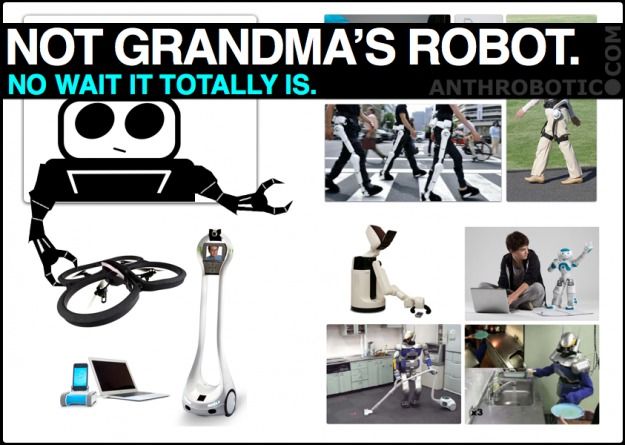Apr 4, 2013
An Open Letter to Death
Posted by Franco Cortese in categories: biological, biotech/medical, homo sapiens, life extension, media & arts
 Freedom fironically found in flesh, not knowing whe’er I’m foul or fowl… tickly bound neath trickly form twisting and more unfresh as dawn upon dawn dies in menstrual skyfire like blood made light — a mocking microcosm of my own transubstantiation from rotting viscera to lightstorm infinity?
Freedom fironically found in flesh, not knowing whe’er I’m foul or fowl… tickly bound neath trickly form twisting and more unfresh as dawn upon dawn dies in menstrual skyfire like blood made light — a mocking microcosm of my own transubstantiation from rotting viscera to lightstorm infinity?
Just what sick joke is this? To wake and ache and dream and be and become! – and then to die..? To culminate the very universe itself!.. and then to simply die?! For what I ask you! What! Death… what audacious greed! What reckless squander and heedless extravagance!
Guttural red fringed black a bulbous muck death bastphelgmy! We cannot comprehend the sheer stature of death and so hurriedly cover the unknown with a word to hold it in hand and at a distance, to doubt no doubt.
O pallid heavens! O incessant sun undaunted by my barrenaked finitude! O fetid sanctity wet and redragged as the sickly bloom of jagged flesh! O putrid night sky serene despite my spat fury; as I ebb and ember a’roil withinside my sadness unbelieving and hysteric animal heat that vile sun and auster night jaunt their jeer and mock the rude squall of my panicstrewn death nonetheless.















